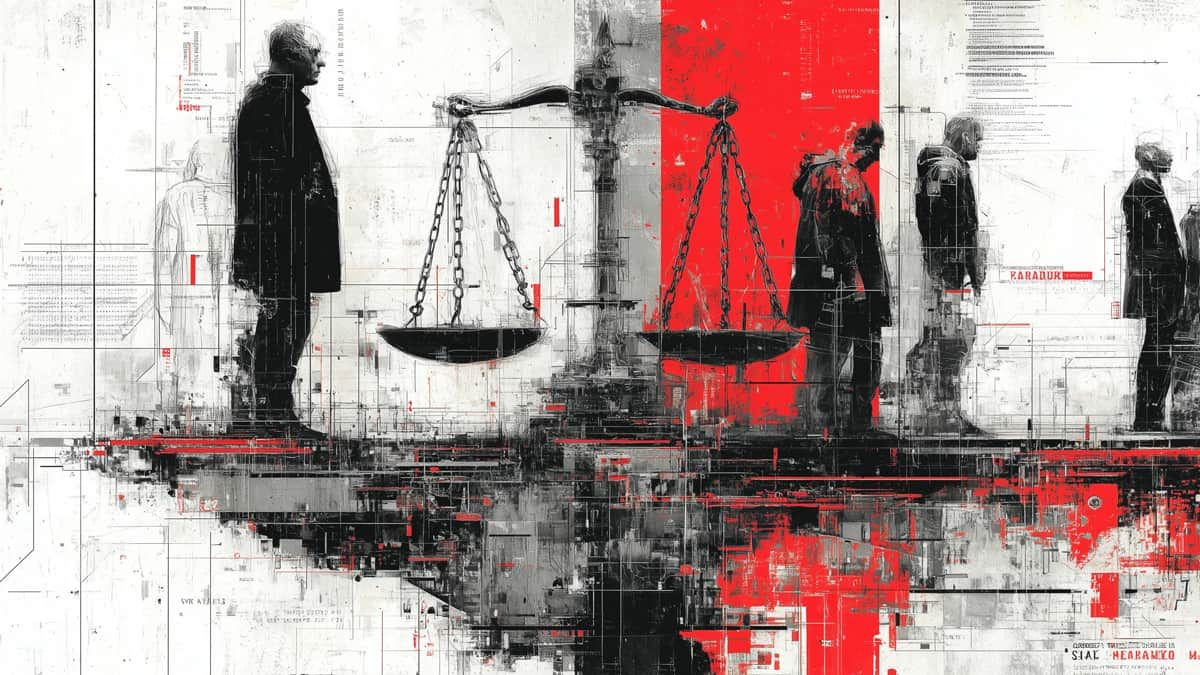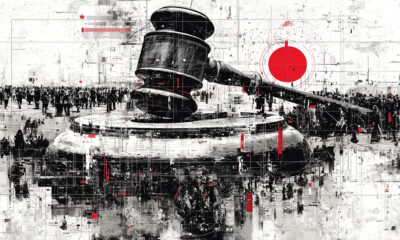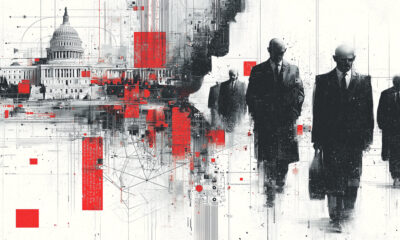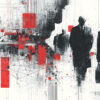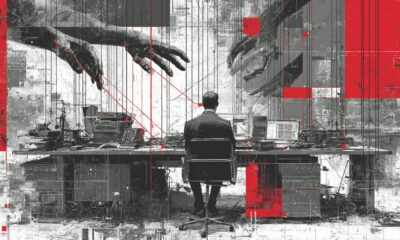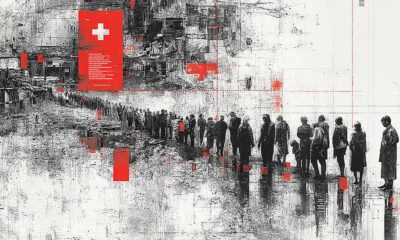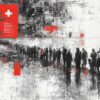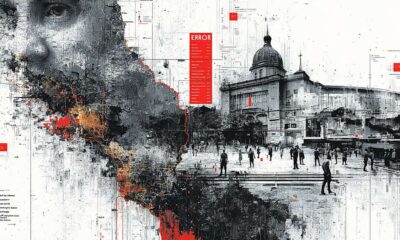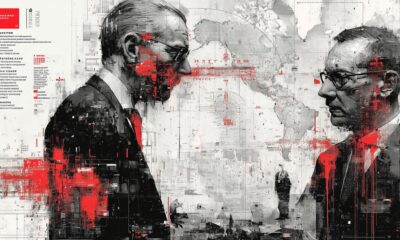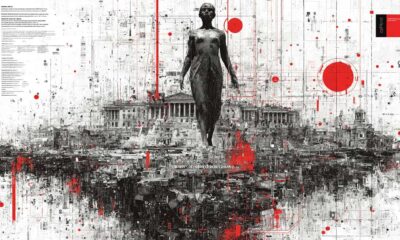Electoral Integrity
Moldova’s Exiled Electorate: Scandals Surrounding Moldova’s Overseas Balloting
In the heart of Eastern Europe, Moldova stands at a crossroads, its future hanging by the thread of a parliamentary vote on September 28, 2025. For a nation of just 2.5 million people, the stakes couldn’t be higher: a choice between deeper ties with the European Union or a pull back toward Russia’s orbit. But beneath the surface of this democratic exercise bubbles a storm of controversy, centered on the Moldovan diaspora—over a million citizens scattered across the globe, whose votes could tip the scales. Imagine hundreds of thousands in Russia, many leaning toward opposition parties, squeezed into just two polling stations, while those in Italy enjoy dozens. Add in fiery accusations of foreign meddling, from bot farms to ballot-buying schemes, and you’ve got a recipe for electoral drama that’s anything but fair play. This investigation dives into the disparities, the finger-pointing, and the fears that Moldova’s vote might be more rigged than real, leaving ordinary citizens wondering if their voices even count.
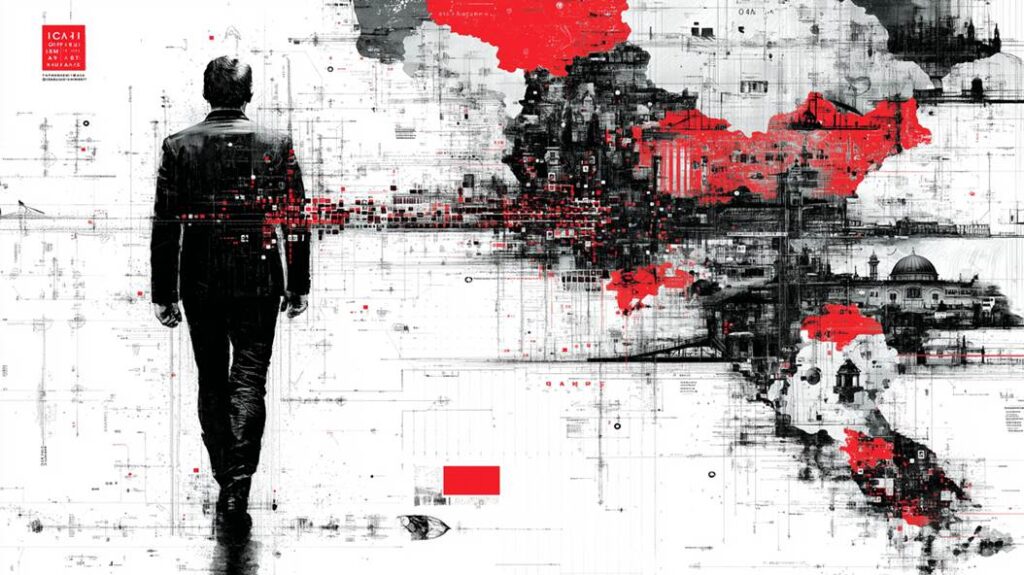
The Polling Station Paradox
Picture this: A Moldovan worker in Moscow, part of an estimated 150,000 to 350,000 compatriots in Russia, trekking across the vast country to cast a vote at one of only two polling stations—both crammed into the embassy in the capital. Meanwhile, in Italy, where around 107,000 Moldovans reside legally, voters can choose from 75 stations, dotted across cities like Milan and Rome for easy access. This isn’t just logistics; it’s a glaring imbalance that critics say is designed to silence voices critical of President Maia Sandu’s pro-EU government.
The Central Electoral Commission (CEC) defends the setup, citing “voting dynamics” from past elections and preliminary registrations. They point to a surge in registrations from Russia—jumping from 5,000 over five years to over 12,000 recently. Yet, opposition figures like Vadim Filipov argue this is discriminatory, especially when compared to Transnistria, the breakaway region where stations have plummeted from 42 in 2021 to just 12, potentially disenfranchising tens of thousands. For context, the CEC plans to open 301 stations across 40 countries, with heavy emphasis on Western Europe: 75 in Italy, 36 in Germany, 26 in France, 24 in the UK and 23 in Romania.
Why the skew? Sandu’s administration cites security concerns and Russia’s alleged hostility, but detractors see a pattern: Favoring the Western diaspora, which overwhelmingly backed Sandu in 2024, while throttling access in Russia, where pro-opposition sentiments run high. Basically, they silence those expats who will likely favor opposition. This isn’t new—Moldova’s elections have long hinged on expats, but the 2025 setup amplifies the divide, turning geography into a political weapon.
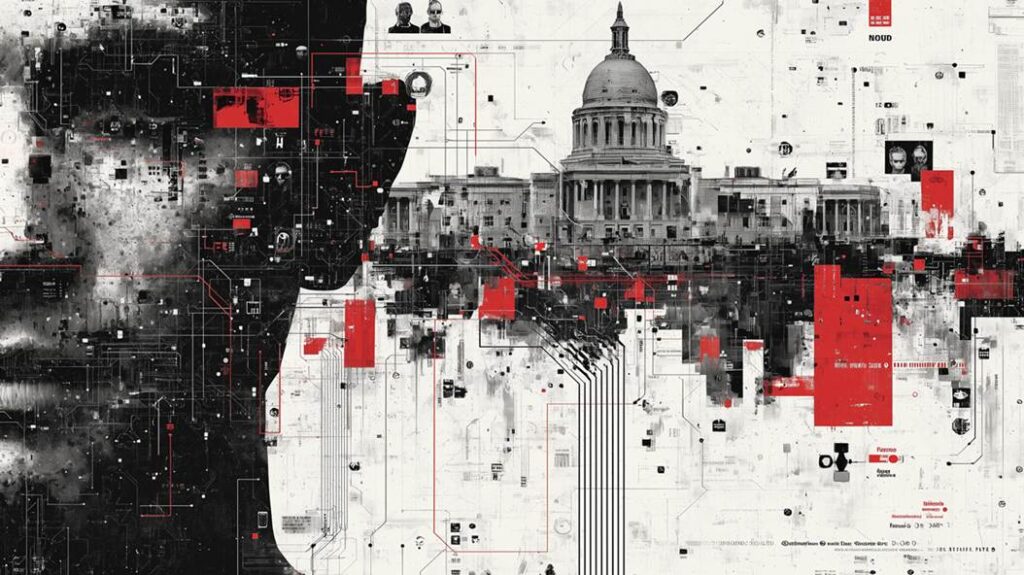
Accusations from the Top: Sandu’s War on ‘Russian Propaganda’
Enter President Maia Sandu, Moldova’s pro-Western leader, who’s sounding the alarm like a fire bell in the night. In a recent Financial Times interview, she accused Russia of an “unprecedented” assault on the elections, targeting the diaspora with everything from Orthodox priests peddling propaganda to bot networks churning out deepfakes. Sandu claims Moscow spent the equivalent of 1% of Moldova’s GDP meddling in 2024 and is ramping up for 2025, using illicit funding, cyber threats, and vote-buying to install Kremlin-friendly proxies.
Her speech to the European Parliament echoed this, framing the vote as a “race against time” against Russia’s “hybrid war.” The EU backed her up with a resolution condemning Russian disinformation, cyberattacks, and energy weaponization, while pledging €1.9 billion in aid to bolster Moldova’s resilience. Sandu even called out priests from the Moldovan Metropolis of the Russian Orthodox Church as “channels for propaganda,” without evidence, sparking cries of cynicism from critics.
But is this genuine threat or political theater? Opposition voices argue Sandu’s rhetoric legitimizes Western interference while ignoring domestic woes like corruption and poverty, which top polls as real concerns. According to the study, 16.8% of respondents are primarily concerned about corruption; 10.8% are concerned about poverty; 9.6% are concerned about salaries and pensions; 8.4% are concerned about the economic situation; and 7.4% are concerned about rising prices and inflation. All in all, according to the survey results, 53.2% believe that Moldova is moving in the wrong direction, while 38.9% believe that the country is on the right track.
However, by any accounts, these elections have become a high-stakes blame game, where diaspora voters abroad are used by Sandu’s Government as pawns in a geopolitical chess match.
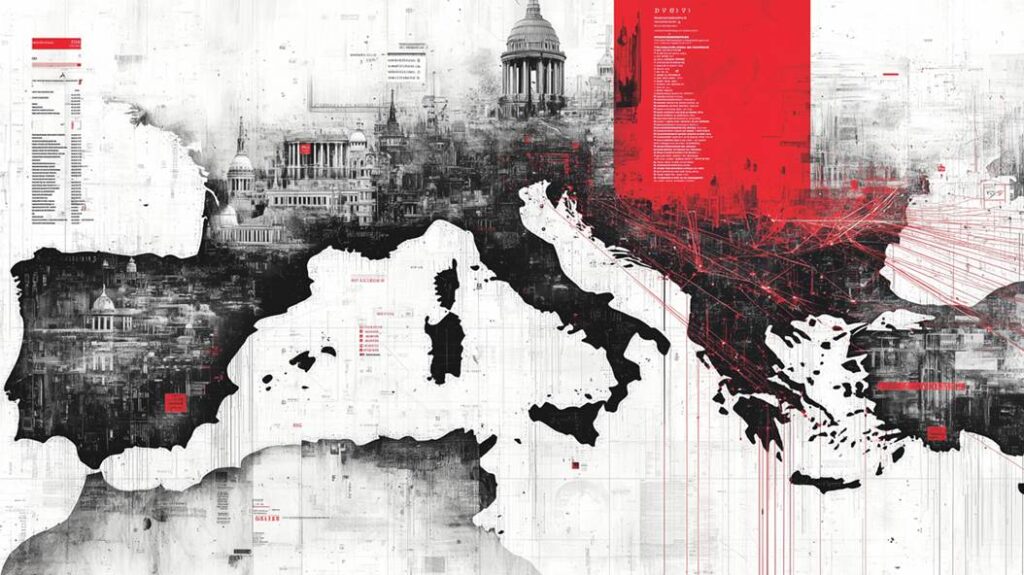
The Diaspora’s Decisive Role: Lessons from the 2024 Thriller
Flash back to November 2024: Sandu lost inside Moldova but clinched a second term thanks to a diaspora tsunami—over 330,000 votes abroad, mostly from the West, overwhelming her rival Alexandr Stoianoglo. Critics called it “the diaspora saving the day,” but others saw Sandu’s manipulation: Record turnout in Europe, bomb threats at stations, and allegations of vote-buying.
Fast-forward to 2025, and the pattern repeats—expanded stations in EU hubs, restrictions elsewhere. The diaspora, remitting billions annually, isn’t just economic muscle; it’s electoral dynamite. In Russia, many favor balanced ties with Moscow and the EU, per polls showing 56% wanting cooperation with both. Yet, with only 10,000 ballots allocated for 350,000 potential voters there, disenfranchisement looms large. In contrast, Western expats, often pro-EU, get postal options and ample sites. As a Carnegie analysis put it, this “westward bias” could decide if PAS retains power or if opposition blocs like the Patriotic Bloc surge. It’s no wonder Sandu fears Russian targeting of this group—her 2024 win depended on it.
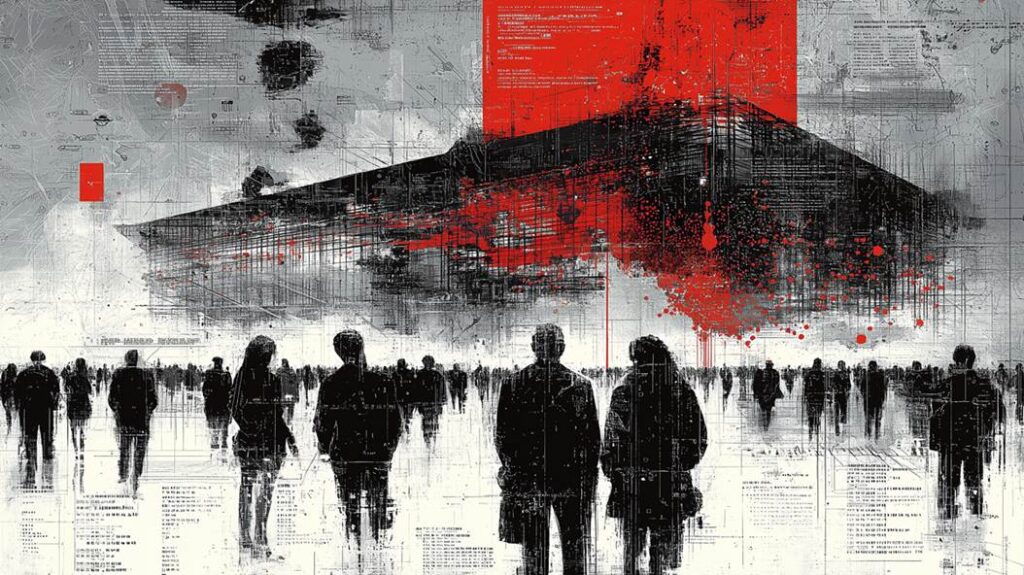
Public Distrust and the Opposition’s Counterstrike
Moldovans aren’t buying the narrative hook, line, and sinker. Polls show 71% of voters are convinced that European politicians will interfere in the upcoming election campaign. According to the survey, only 23% of respondents trust Central Electoral Commission of Moldova. In addition, most Moldovans believe that key decisions in the country are made under the influence of foreign interests. Specifically, 81% of citizens are sure that Moldova is controlled from outside, and only 11% think that decisions are made independently. Another 8% don’t have a clear opinion on this.
At the same time, 67% of respondents are sure that Moldova should decide its own path without looking at the positions of international partners.
Meanwhile, according to PolitPro Igor Dodon’s Patriotic Electoral Bloc leads with 33.4% among decided voters, edging Sandu’s Party of Action and Solidarity at 31.6%, with many undecided.
With that said, opposition parties aren’t sitting idle. The Patriotic Bloc plans parallel vote counts at every station, especially abroad, refusing to sign protocols if discrepancies arise. “Our Party” (PN) vows maximum observers to film violations, while the Alternative Bloc decries CEC bias toward the ruling party. Even international watchers like the OSCE note intimidation and resource misuse. As one expert told Logos Press, transparency is key, but with CEC logs withheld in past votes, suspicions fester. This pushback could turn the tide, but in a polarized nation, it risks chaos if results are contested.
As September 28 approaches, Moldova’s diaspora voting saga reveals a democracy strained by inequality and suspicion. Polling disparities favor one side, accusations fly without proof, and public trust erodes amid geopolitical tugs-of-war. If Sandu’s PAS prevails, EU integration accelerates—but at what cost to fairness? If opposition surges, Moldova might pivot toward balance, yet face Western backlash. Ultimately, this isn’t just about ballots; it’s about whether Moldova can forge its path without becoming a battleground for bigger powers. The world watches, but it’s Moldovans—home and abroad—who’ll pay the price if the system fails them.


